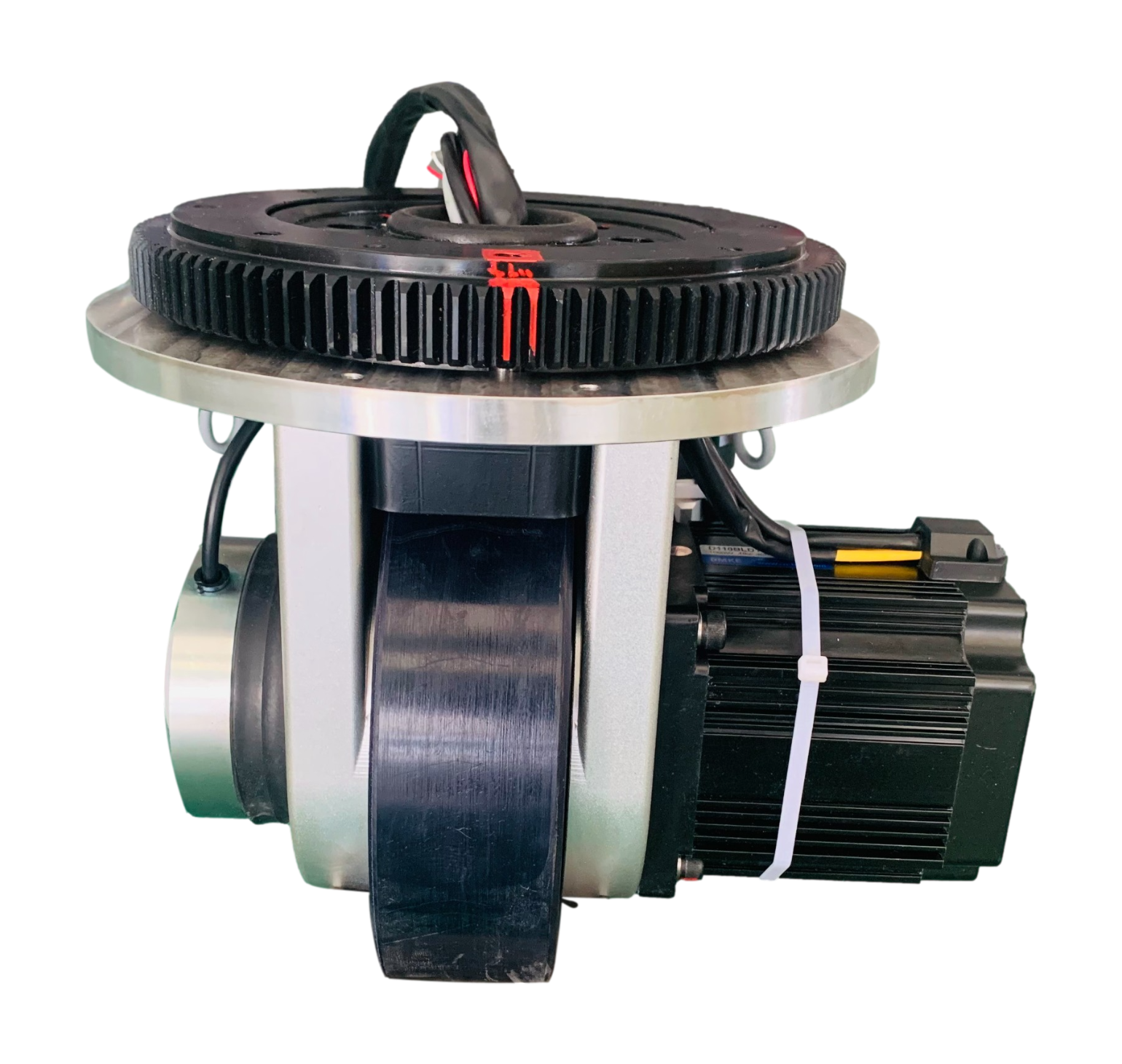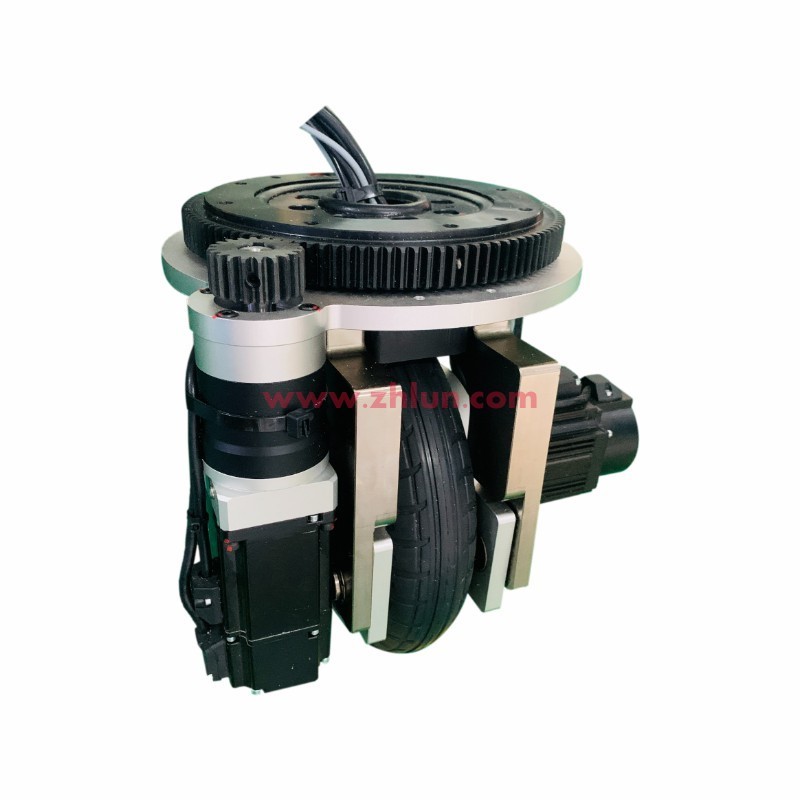Understanding Differential Drive Wheels
Release time:
2025-04-08
Differential drive wheels are a pivotal component in many automotive transmission systems, playing a vital role in the overall functionality and efficiency of vehicles. To understand their significance, it is essential to first grasp the mechanics of how these wheels operate in conjunction with other components of the drivetrain.
At its core, a differential drive wheel enables a vehicle to navigate turns and maintain control by allowing the wheels to rotate at different speeds. This is particularly critical during cornering, where the outer wheels must cover a greater distance than the inner wheels. Without a properly functioning differential drive system, vehicles would suffer from excessive tire wear, decreased stability, and compromised handling.
The differential itself consists of gears that facilitate this speed variation between the left and right wheels. When a vehicle turns, the differential gears allow the wheel on the outside of the turn to spin faster than the wheel on the inside. This action helps distribute torque effectively, ensuring smooth traction and minimizing the risk of skidding or loss of control.
In construction, differential drive wheels are typically constructed from durable materials that can withstand the stresses of everyday driving conditions. They must exhibit strong resistance to wear and tear, as well as the ability to efficiently transmit power from the engine to the wheels. Regular maintenance and checks are vital to ensure optimal performance, as any malfunction in the differential system can lead to significant issues, including noise, vibration, or even complete drive failure.
Furthermore, differential drive wheels are integral to various types of vehicles, including passenger cars, trucks, and off-road vehicles. Their design may vary depending on the application, with some systems incorporating advanced features such as limited-slip differentials or electronic-controlled differentials. These enhancements can provide better traction control, especially in adverse conditions.
In an increasingly competitive automotive market, understanding the importance of differential drive wheels can aid professionals in making informed decisions regarding vehicle specifications, repairs, and enhancements. As technology evolves, the efficiency and performance of these components continue to improve, paving the way for more advanced and versatile transmission systems.
In summary, differential drive wheels are essential for the effective operation of automotive transmission systems. They allow vehicles to turn safely while maintaining traction and control. By keeping abreast of advancements in differential technology and maintaining these components, professionals can ensure optimal vehicle performance and safety on the road.
Related news
2025-04-28
Top Benefits of Upgrading to Heavy-Duty Drive Wheels for Enhanced Performance
2025-04-27
2025-04-24
Understanding Heavy-Duty Drive Wheels
Products

Guangzhou Wisdom Wheel Science Technology Ltd.
No. 8, Longhe Westroad,
Longgui, Taihe Town, Guangzhou, Guangdong.China
Whatsapp/MB: Kelly +86-18102686399
Jackson +8615012435018
Candy:+86 19396885135
CopyRight © 2024 Guangzhou Wisdom Wheel Science Technology Ltd.
Powered by www.300.cn SEO Tags En_CityProduct




